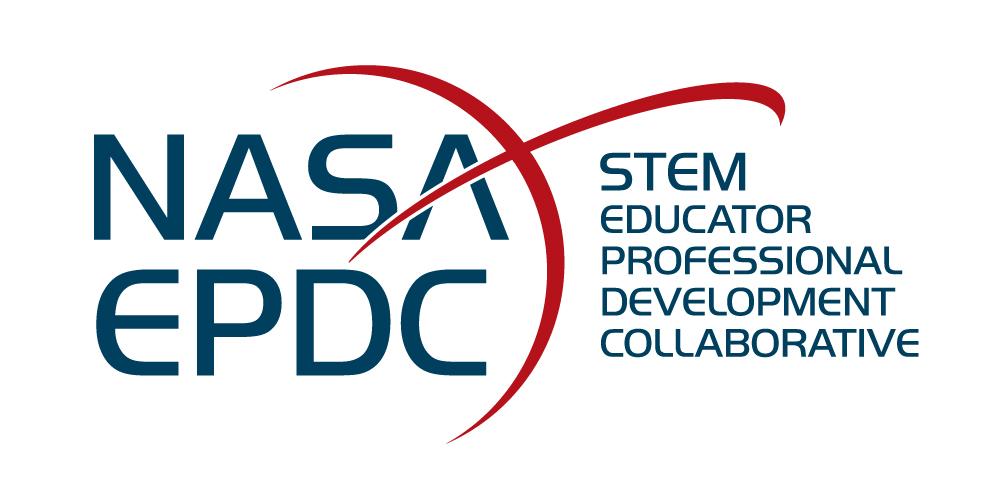NASA Aeronautics - Speed of Sound
Monday 02/26/2018
6:30 pm ET (3:30 pm PT)
FREE 1-hour Webinar
Educators in Grades K-12
The NASA Educator Professional Development Collaborative at
Texas State University is providing a 1-hour webinar.
NASA Educator Professional Development is presenting a free 60-minute webinar for educators.
For decades, NASA has been studying aircraft noise in order
to reduce the impact jet aircraft have on the world. New techniques for reducing noise emissions
from engines are constantly being developed. Come learn about motions and
forces, transfer of energy, and the abilities of technological design as they
use a variety of materials and methods to reduce or eliminate noise. The speed of sound and how that speed depends
on certain variables are important concepts related to the physics of sound. There are hands-on experiments and physical demonstrations that educators can use to make and share connections to this research within their classroom.
This educational activity aligns to NASA Education API 2.4.2 - Continue to support STEM educators through the delivery of NASA education content and engagement in educator professional development opportunities.
 |
Barbara Buckner is a 20-year STEM classroom teacher with a Doctorate’s Degree in Mathematics Education from the University of Louisville. Her research interest included the impact of technology on student achievement and teacher behavior. Buckner recently served as a 2013-14 Einstein Fellow at the National Science Foundation Education and Human Resources Directorate under the supervision of Dr. Joan Ferrini-Mundy where she collaborated with colleagues on learning, learning environments, boarding participating and workforce development.Barbara sees education as her calling and has spent her life sharing her love for learning with everyone around her. Knowing that today’s student will compete in a global economy, Barbara says that “It is imperative that today’s students are prepared with consistent rigorous and relevant standards that produce more STEM majors, particularly women, to keep this great nation at the forefront in technology, innovation, and advancement.” | | |
|






